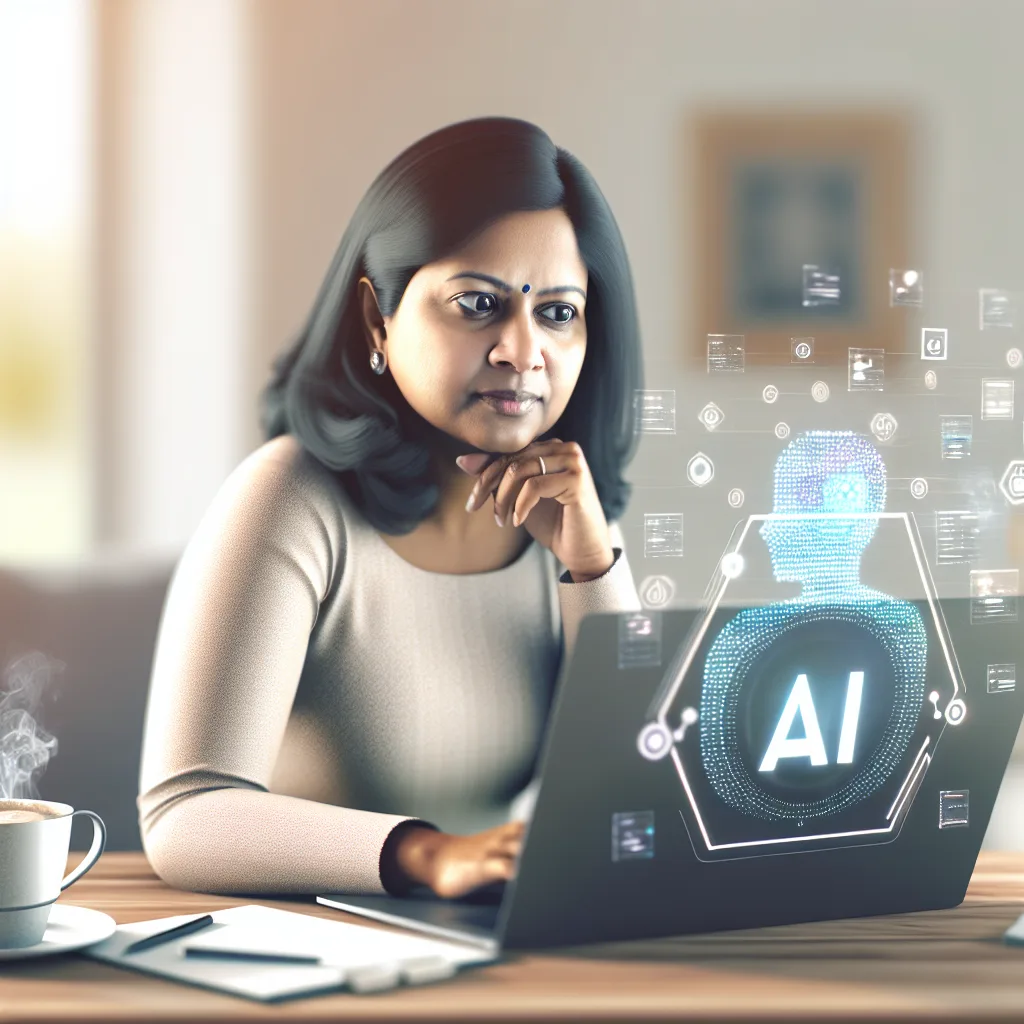Understanding AI Limitations and Why We Still Need the Human Touch
Let’s talk about AI accuracy — the reality behind the hype and the future we often hear about. If you’re like me, you’ve probably read a lot about artificial intelligence taking over jobs or becoming flawless overnight. But here’s the thing: from hands-on experience, it’s just not that simple.
I work alongside AI developers, helping teams learn how to use AI tools every day, and one thing I keep seeing is a big gap between expectations and reality when it comes to AI accuracy. It’s impressive technology, no doubt. It can sort data or assist in tasks faster than we can blink. But can we rely on it blindly? Not quite.
What Does AI Accuracy Really Mean?
When we talk about AI accuracy, we’re really asking: how often does AI get things right without missing or messing up information? In many cases, it still needs a human double-check. For example, imagine asking an AI to sort a list of fantasy football players. Sounds easy, right? It can sort them well, but what if it leaves out a couple of players entirely? That’s not just inconvenient; it’s unacceptable if you need a perfect outcome.
This kind of omission is what experts see every day, especially in professional environments where decisions depend on error-free info. AI can hallucinate or completely omit details, which means constant oversight and manual corrections are necessary. Kind of defeats the idea of AI making your work easier, doesn’t it?
Why AI Accuracy is So Hard to Nail
There are a few reasons why AI accuracy isn’t perfect:
- Complexity of Language and Data: AI interprets based on patterns and training data, which might not cover all scenarios – especially the edge cases.
- Hallucinations: AI sometimes produces plausible-sounding but false information, leading to errors.
- Omissions: Sometimes AI just skips data points unintentionally.
For a deep dive, check out OpenAI’s best practices on AI outputs and how companies combat AI limitations on MIT Technology Review.
So, Are We Decades From an AI Takeover?
If you’ve heard people warning about a dystopian future where AI runs everything, I think it’s safe to say we’re still quite a ways off. The truth is, AI tools today need human experts to guide and verify their work constantly. The idea that AI will silently replace skilled workers overnight ignores the messy realities of errors and the necessity of trust in information.
The great news is that AI is a tool — a powerful one — but it should be part of a partnership with humans, not a replacement.
How To Use AI Effectively Despite Accuracy Challenges
- Always verify AI-generated information, especially for important decisions.
- Use AI to handle repetitive tasks but maintain human oversight.
- Train teams on AI capabilities and limitations.
- Stay updated with the latest AI developments to understand improvements and ongoing challenges.
In the end, instead of waiting for AI to be perfect, embrace how it can support your work for what it is now—imperfect but useful, and improving gradually.
For more on responsible AI use, the AI Now Institute provides excellent insights into real-world AI impacts.
If you’re using AI tools, just remember: trust but verify. That will keep you ahead, no matter how good AI gets.
That’s my honest take after working closely with AI tech every day. What’s your experience with AI accuracy? Feel free to share your stories – the good, the bad, and the hopeful!
